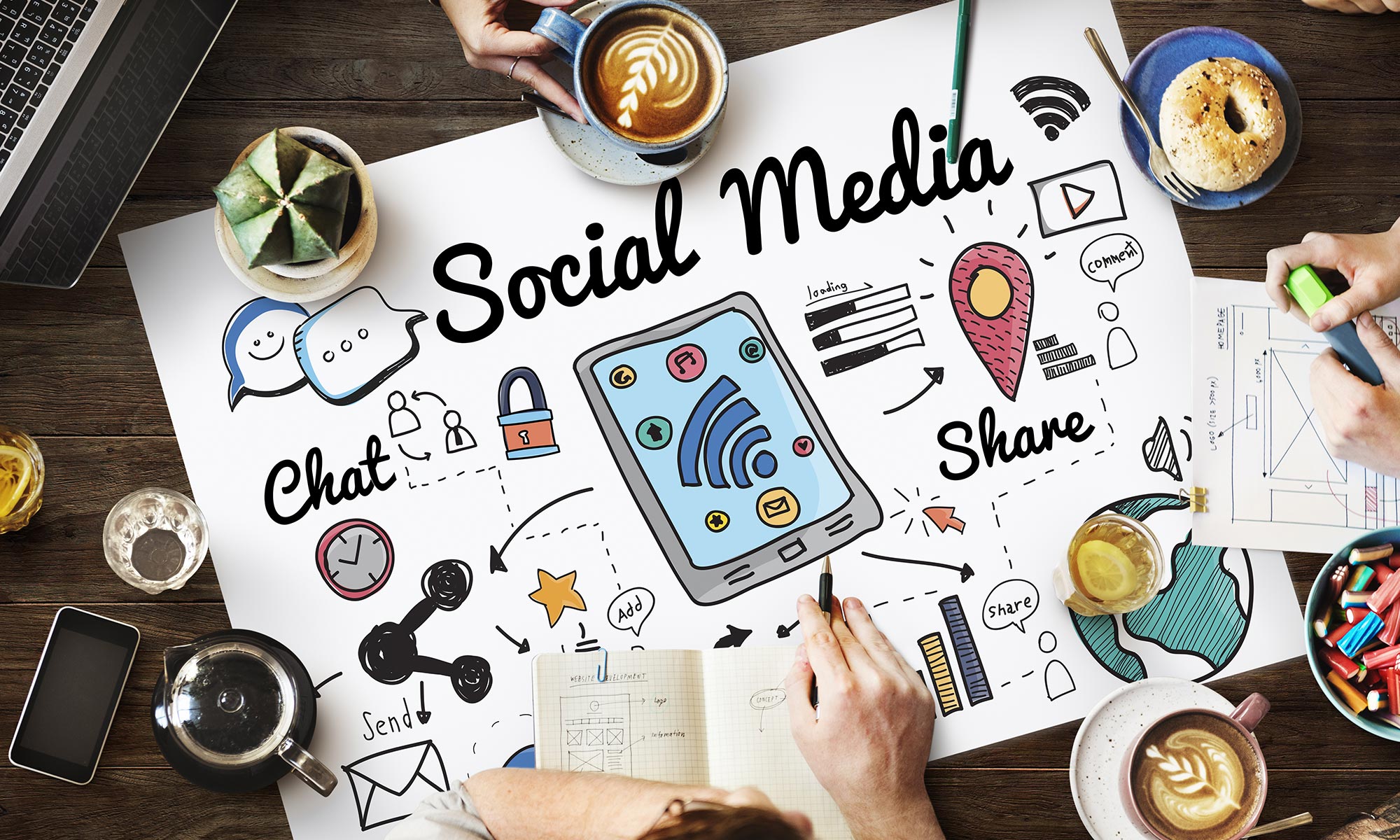Relationships are the backbone of our emotional well-being. However, maintaining a healthy and fulfilling relationship can be challenging, especially in today’s fast-paced world. Modern relationship therapy has emerged as a powerful tool to help individuals and couples navigate their emotional landscapes, resolve conflicts, and build stronger connections. In this blog, we’ll explore how relationship therapy can transform your love life, offering insights into its benefits, methodologies, and impact on your emotional health.
Understanding Relationship Therapy
Relationship therapy—often referred to as couples therapy or marriage counseling—is a type of psychotherapy designed to help partners improve their communication, resolve conflicts, and enhance their emotional connection. It’s not limited to romantic relationships; it can also be beneficial for improving relationships with family members, friends, or even colleagues. The goal is to provide a safe space for individuals to express their feelings, understand their partner’s perspective, and develop skills that lead to healthier interactions.
Modern relationship therapy combines traditional counseling techniques with contemporary approaches, such as cognitive-behavioral therapy (CBT), emotionally focused therapy (EFT), and narrative therapy. It’s a holistic approach that addresses not just the symptoms of relationship issues but also their root causes, empowering individuals and couples to build long-lasting, fulfilling bonds.
The Key Benefits of Relationship Therapy
- Improved Communication Skills
One of the primary goals of relationship therapy is to enhance communication between partners. Miscommunication or lack of communication is often at the heart of most relationship problems. Therapy helps individuals learn how to express their needs and emotions effectively, listen actively, and respond empathetically. These skills are crucial for resolving conflicts and avoiding misunderstandings that can strain relationships.
- Conflict Resolution and Problem-Solving
Conflicts are inevitable in any relationship, but how they are managed makes all the difference. Relationship therapy teaches couples how to handle disagreements in a constructive manner. Instead of resorting to blame or criticism, partners learn techniques such as active listening, compromise, and finding common ground. These skills can transform how couples perceive and tackle challenges, turning potential conflicts into opportunities for growth.
- Enhanced Emotional Connection
Emotional intimacy is the cornerstone of any successful relationship. Modern relationship therapy focuses on rekindling the emotional connection between partners, especially in cases where it has faded over time. Techniques like emotionally focused therapy (EFT) help couples identify and address emotional blockages, fostering a deeper, more secure bond. This renewed emotional connection often leads to greater relationship satisfaction and a stronger sense of partnership.
- Better Understanding of Relationship Dynamics
Relationship therapy helps partners understand the dynamics that shape their interactions. This includes recognizing patterns of behavior, identifying triggers, and understanding each other’s attachment styles. By gaining insight into these dynamics, individuals can make conscious efforts to change negative patterns and create a more harmonious relationship environment.
- Rebuilding Trust and Intimacy
Trust is the foundation of any relationship, but it can be easily damaged by betrayal, dishonesty, or neglect. Relationship therapy provides a structured path for rebuilding trust, addressing the underlying issues that caused the breach, and establishing new, healthier boundaries. Therapists guide couples through exercises that promote vulnerability and openness, which are essential for restoring intimacy and connection.
- Managing Life Transitions Together
Life is full of transitions, such as getting married, having children, moving to a new city, or dealing with a major loss. These changes can put significant stress on relationships. Relationship therapy helps couples navigate these transitions together, offering tools to adapt and support each other during times of change. This collaborative approach can make transitions smoother and less disruptive to the relationship.
- Support for Individual Growth
While relationship therapy focuses on the couple, it also supports individual growth. Therapists encourage each partner to explore their own emotions, past traumas, and personal challenges that may be affecting the relationship. This self-awareness is crucial for personal development and contributes to a healthier, more balanced relationship dynamic.
- Prevention of Future Problems
Relationship therapy is not just for couples in crisis; it can also serve as a preventative measure. By attending therapy, couples can address potential issues before they escalate, develop healthy communication habits, and strengthen their bond proactively. This forward-thinking approach can help couples build resilience and maintain a positive relationship over the long term.
Modern Techniques Used in Relationship Therapy
- Cognitive-Behavioral Therapy (CBT)
CBT is a popular technique in relationship therapy that helps couples identify and change negative thought patterns and behaviors. By focusing on the link between thoughts, feelings, and actions, CBT enables partners to break the cycle of negativity and build more constructive communication habits.
- Emotionally Focused Therapy (EFT)
EFT is designed to enhance emotional bonding by helping couples understand their emotional responses and attachment needs. It’s particularly effective for couples struggling with deep-seated emotional issues. Through EFT, partners learn to express their vulnerabilities and connect on a deeper emotional level.
- Narrative Therapy
Narrative therapy encourages couples to reframe their relationship stories in a more positive light. By separating the problem from the individuals involved, this approach helps partners see their relationship challenges as external issues that can be addressed collaboratively. This shift in perspective can lead to significant changes in how couples view and interact with each other.
- Mindfulness and Meditation
Mindfulness techniques are increasingly being integrated into relationship therapy. These practices help couples stay present in their interactions, manage stress, and approach conflicts with a calm, centered mindset. Mindfulness can also enhance empathy and emotional regulation, which are essential for healthy communication.
- Gottman Method Couples Therapy
Developed by Drs. John and Julie Gottman, this method is based on decades of research into what makes relationships work. It focuses on strengthening the friendship between partners, managing conflict, and creating shared meaning. The Gottman Method offers practical exercises and strategies that couples can use to improve their relationship dynamics.
How to Know If Relationship Therapy Is Right for You
Relationship therapy can benefit anyone who wants to improve their relationship, whether they’re facing serious challenges or simply looking to strengthen their bond. If you’re experiencing frequent conflicts, communication breakdowns, emotional disconnection, or unresolved past hurts, therapy can offer the guidance and support you need.
It’s also a valuable resource for couples going through major life transitions, such as getting married, becoming parents, or dealing with a significant loss. Even if your relationship is generally healthy, therapy can provide a safe space to explore deeper emotional connections and prevent future issues.
Finding the Right Therapist
Choosing the right therapist is crucial for the success of your therapy journey. Look for a licensed professional with experience in relationship therapy and a style that resonates with you and your partner. It’s important that both partners feel comfortable and heard during sessions, so don’t hesitate to meet with a few therapists before making a decision.
You can start by searching online for therapists specializing in relationship therapy in your area, reading reviews, and checking their credentials. Many therapists offer a free initial consultation, which can help you gauge whether their approach aligns with your needs.
Conclusion
Modern relationship therapy is more than just a tool for resolving conflicts—it’s a transformative journey that can redefine your love life. By enhancing communication, rebuilding trust, and deepening emotional connections, therapy empowers couples to create healthier, more fulfilling relationships. Whether you’re facing challenges or simply seeking to strengthen your bond, relationship therapy offers a path to a more connected and joyful partnership. Embrace the opportunity to invest in your relationship and discover the profound impact that therapy can have on your love life.






